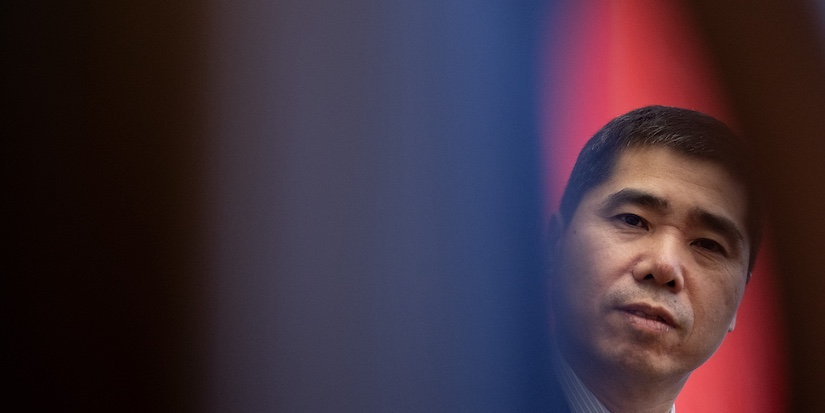Latest News
More mental health support coming for post-secondary students
Published 11:36 PST, Thu January 3, 2019
A new initiative to provide mental health
support to post-secondary students—the age group that most reports mental
health issues—was announced by the provincial government this week.
“Adjusting to a new environment, learning to
balance classes with new jobs, new friendships and relationships can be
challenging for students who may be living away from home for the first time,
far from friends and family,” said Melanie Mark, Minister of Advanced
Education, Skills and Training.
“Whether mild or severe, mental-health
concerns are very real among post-secondary students who have been calling for
action to this important issue on- and off-campus. That’s why our government is
working to develop a mental-health service that is available to students around
the clock, province-wide,” Mark says.
The current system is patchwork at best, with
support varying by jurisdiction or even from institution to institution. In
some places there are no services at all, while in others there is nothing
after-hours. This initiative looks to offer province-wide support for all
post-secondary students.
“No one schedules a time when they need
support, so it’s good that a service will be available outside of regular hours
for students, regardless of where they’re studying in the province. Government
is responding to pressure from students to take action on improving mental
health services,” says Noah Berson, chairperson of the Alliance of BC Students.
“Expanded mental health services are in
demand for post-secondary students in B.C.,” says Aran Armutlu, chair of the
British Columbia Federation of Students. “Having more options for counselling
and other services available, and having 24/7 access to these services, is a
welcome addition to the changes this government is making for students.”
The government plans to have phone, online
chat, text and email options for students to access mental health support.
“It’s critical to provide young people with
access to the supports they need, where and when they need them,” says Judy
Darcy, Minister of Mental Health and Addictions. “The use of virtual technology
would enable young people from all parts of the province to ask for help once
and get help fast.”
Post-secondary students, aged 15-24, are more
likely to report mental illness and/or substance-use disorders than other age
groups.
The 2016 National College Health Association survey of Canadian post-secondary students found a significant number of students are experiencing mental-health problems and illnesses: 44.4 per cent of surveyed students reported that at some point in the previous 12 months they felt ‘so depressed it was difficult to function;’ 13 per cent had seriously considered suicide; 2.1 per cent had attempted suicide and 18.4 per cent reported being diagnosed or treated by a professional for anxiety.
A copy of the notice to planned procurement is available online.





























